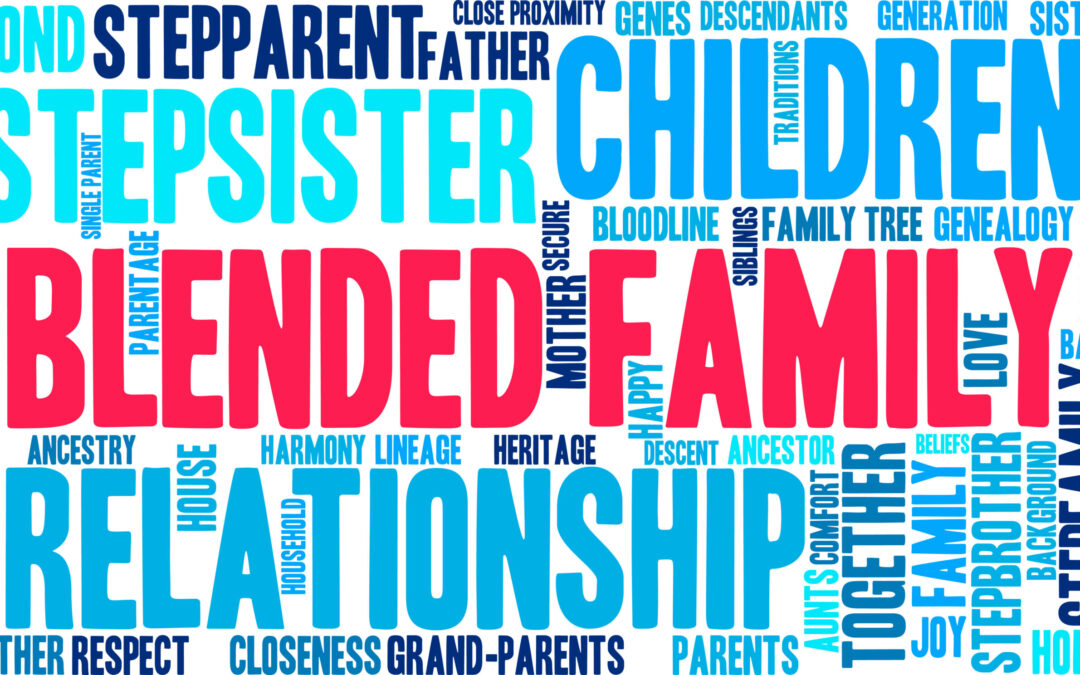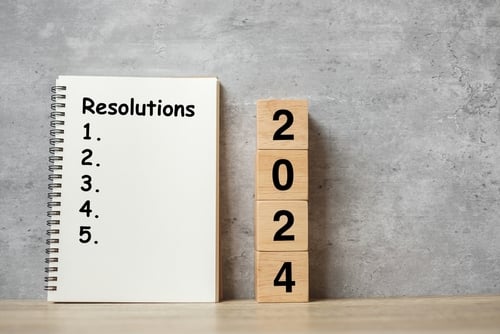Memorabilia can be a source of great joy and nostalgia for many people. Kiplinger’s recent article entitled “Estate Planning for Memorabilia Collectors: Don’t Leave Your Family in the Lurch,” says the first step is to know what you have. From sentimental items passed down through generations to personal collections accumulated over a lifetime, these treasures hold a special place in our hearts. This can include stamp collections, baseball card collections, and automobile collections, which you have spent a lifetime accumulating. As we age, it’s important to consider how these items will be handled in our estate plans. Here are a few tips to help you navigate the process:
By carefully considering your memorabilia in your estate plan, you can ensure that these cherished items are passed down to those who will treasure them most. Remember to communicate your wishes clearly with your loved ones, and consider all your options before making any final decisions.
Make a thorough and updated inventory to help your family understand the scale of the collection and where the items are located. Make sure the inventory is current and has detailed information about the items, like if a piece of memorabilia is signed or if it was game-used. You may also want to identify those experts who understand and appreciate your collection(s).
It’s also wise to log valuations along with the items’ descriptions. You can try to stay on top of when comparable items sell at auction and follow industry publications to keep your valuations as current as possible. Every sector of collectibles is different. Some items see their valuations fluctuate more than others. Even so, it’s helpful to have a ballpark idea of the collection’s total value. At some point, it might be worth hiring an appraiser to give you a formal valuation of the collection.
Regarding authentication, many items need supporting paperwork to verify they’re legitimate. As you plan for your family to handle the sale of your items, they’ll need to know that those documents are an essential part of the collection and where they are.
When walking them through your inventory, note where the items are identified as having separate certificates of authenticity and make sure they know where to find them. This can be as simple as using file folders.
When it comes time to sell, where does your family go to ? Whether it’s sports memorabilia, coins, stamps, or just about anything else, some dealers are willing to purchase the collection. If you go into a collectibles shop that’s only buying items they plan to resell, you can expect to get about half of a collection’s actual value.
You can help your loved ones by connecting with auction houses interested in bringing your collection up for sale. This can be a highly specialized area, so you’ll save your beneficiaries a significant pain if you inform them where they will get a fair price.
Things to consider
- Be mindful of taxes: Depending on the value of your memorabilia, there may be tax implications. Consider speaking with an estate planning attorney to help you navigate these issues.
- Take inventory: Before making any decisions about your memorabilia, make a list of your collection. This will help you determine how much you have and what items are the most precious to you.
- Decide who will receive what: Once you know your items, determine who would like to receive them. Remember to be specific and consider whether certain items hold more significance for certain individuals.
- Discuss your wishes with loved ones: Be sure to discuss your wishes with your loved ones. This will ensure they understand your intentions and can help avoid potential conflicts or misunderstandings.
- Consider donating: If you have items you don’t want to be passed down to a specific individual, consider donating them to a museum or other organization that may appreciate them. Be mindful of taxes: Depending on the value of your memorabilia, there may be tax implications. Consider speaking with an estate planning attorney to help you navigate these issues.
Reference: Kiplinger (Feb. 26, 2023) “Estate Planning for Memorabilia Collectors: Don’t Leave Your Family in the Lurch”






